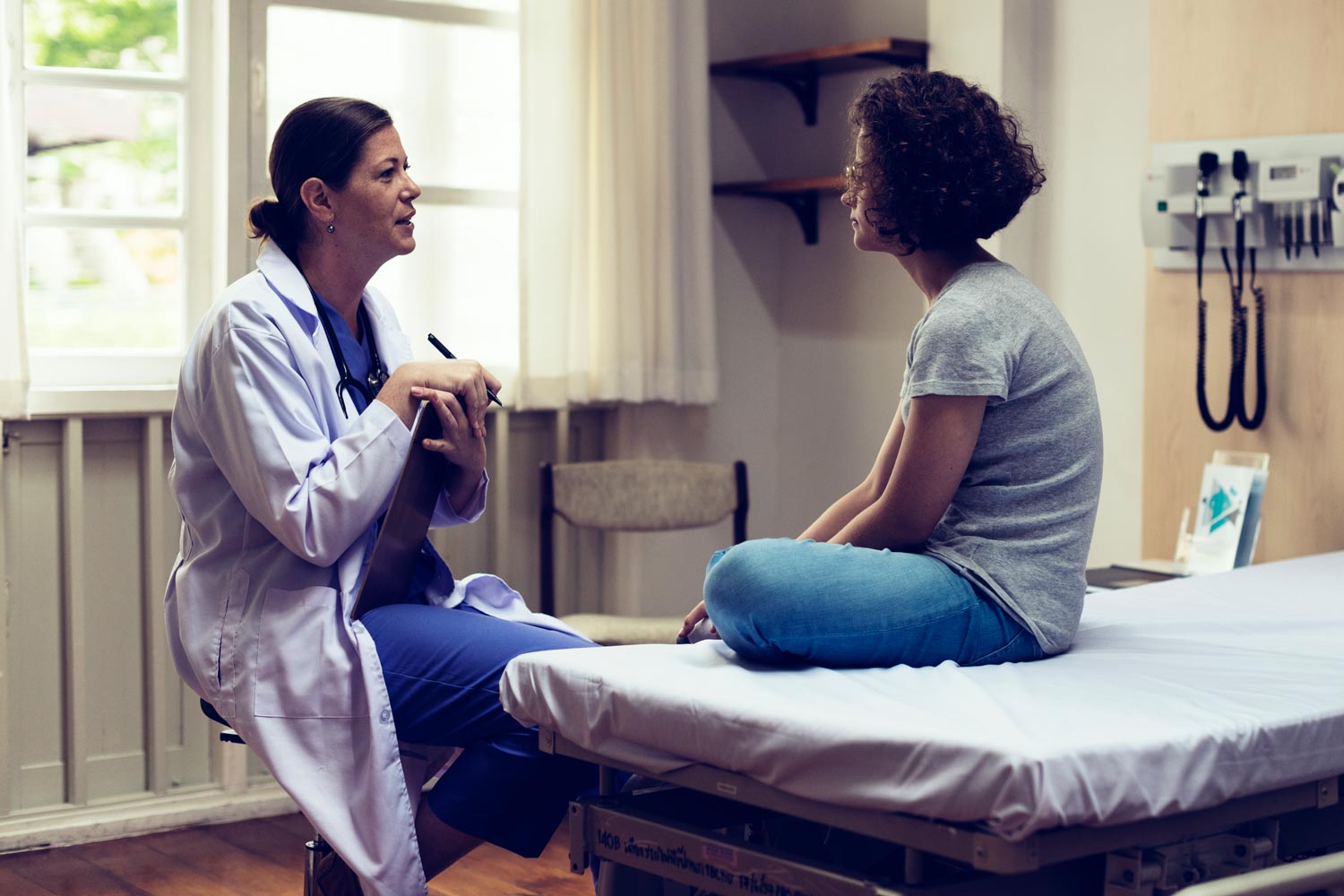Over the course of his professional career, countless gay, lesbian and transgender people have asked University of Virginia nursing professor Ken White for referrals to gay or gay-friendly physicians.
“[Patients ask for referrals] because they fear two big things: judgment or a clinician’s lack of knowledge and understanding about their particular health concerns,” he said.
While discrimination can sometimes be an issue, White said, most care providers “simply don’t know how to speak frankly with gay, lesbian and transgender patients about their health concerns. They fear saying the wrong thing, and so say nothing at all.”
To help health care providers better serve their LGBTQ patients, organizers from UVA’s schools of Nursing and Medicine and the UVA Health System have organized a LGBTQ+ Health Care Symposium, to be held May 10 at the Boar’s Head Inn (online registration is open through May 2 at cmevillage.com). The program brings together a team from UVA with national and international experts to learn how to give the best possible care to everyone.
“I truly believe most people want to do and say the right things, and oftentimes they don’t know how to do it and it may be too awkward or embarrassing to ask how,” said White, the course director for the symposium. “There are too few access points to find information about the health care needs of the LGBTQ population, and also health care organization policies that honor and respect the dignity of LGBTQ persons. We’re starting that discussion now.”
Q. What are some of the specific health care needs of LGBTQ+ patients?
A. Depending on sexual practices, certain prevention and diagnostic testing should be made available. For instance, should gay men who engage in anal sex get annual pap smears? Do transgender patients need mammograms, vaginal pap smears and prostate checks? Is birth control necessary for lesbians?
Persons of the LGBT community often age with no children, few or no family members, and many are single. They tend to suffer higher rates of depression, substance abuse, suicide and other mental health concerns.
Relationship violence is often an issue. All of these possibilities should be assessed by a health care provider.
Q. What challenges do health care institutions face in providing the best care for LGBTQ+ patients?
A. The biggest challenge, of course, is a lack of knowledge. It may not be intentional, although the structure of society is built around the assumption that people are heterosexual and that gender is binary.
The other challenge is that, as clinicians, we often don't have all the guidelines we need so that providers know to ask the right questions, order the right tests and treat the whole person – physical, mental, psychological and spiritual.
Many times, LGBTQ individuals have been marginalized by society and disowned by their families. There are particular emotional, psychological and spiritual needs related to their care, too. Clinicians have to be sensitive to, and aware of, all of that.
Q. What are some of the most important steps health care providers can take to create a better environment for LGBTQ+ patients to receive care?
A. The Human Rights Campaign sponsors the Health Equity Index, which each year evaluates participating hospitals against a set of standards and procedures that organizations and providers may use to be more LGBTQ-friendly. The most important step is to be sensitive to our language – what we say and how we say it – and to approach each person and their loved ones in a way that shows openness, caring and compassion. A good question to ask of all people is: What do I need to know about you to give you the best care possible?

The next step is to learn about the patient’s specific health care needs by taking a thorough social and health history. At that point, depending on sexual practices or gender transitions and status, certain diagnostic and prevention steps may be taken.
Q. How have you seen UVA change to become a more welcoming place for LGBTQ+ patients?
A. The UVA Medical Center has focused on becoming a more welcoming place, and many among the senior leadership have made it a priority. With Human Rights Campaign standards taken into account, assessments have been conducted and improvements are well underway. Bush Bell [the Medical Center’s patient experience officer] reports that the Health Equity Index score has come up from 60 a few years ago to 95, where it is today. This says that we are making progress and, with concerted efforts of an advisory council, will continue making changes and educating all about the needs of the LGBTQ community.
Q. What do you hope conference participants will learn and take back to their places of work?
A. My main hope is that we all learn more about how to be sensitive, compassionate, caring and non-judgmental. We will begin the day by hearing from individuals who will tell us what they wish health care providers would know about them as people and their sexual and gender identities.
I also want participants to understand specific ways in which they can be more inclusive, and less assuming of what they don’t know about peoples’ sexual orientation and gender identities.
And the language we use is critical to all of this. All policies, procedures, forms and signage should be examined everywhere, especially in clinics and hospitals, to be sure it’s sensitive to the LGBTQ community. Individual providers should also be able to take back ideas of how to speak frankly and comfortably during patients’ visits, with an idea about additional questions to ask, and how best to ask those questions.
Media Contact
Article Information
April 23, 2018
/content/uva-making-health-care-more-welcoming-lgbtq-patients

